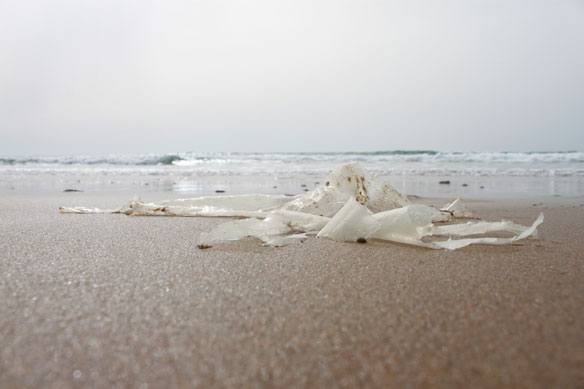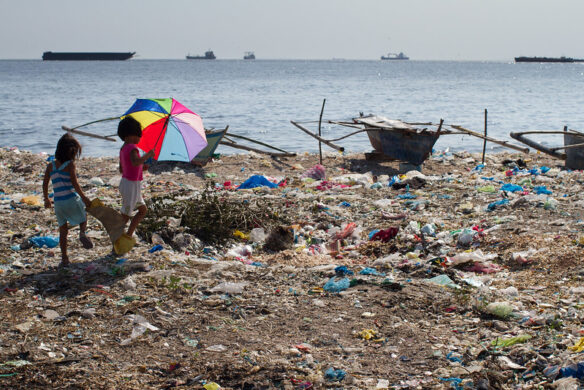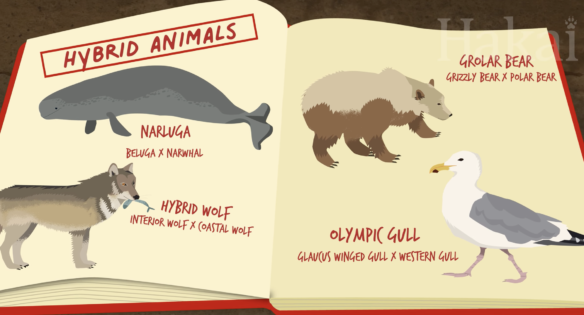
“The unprecedented plastic waste tide plaguing our oceans and shores, can become as limited as our chosen relationship with plastics, which involves a dramatic behavioral change on our part…”
Captions and Photo: © SAF — Coastal Care
Excerpts;
EU countries would have to reduce the use of the commonest and most polluting plastic carrier bags, under draft rules informally agreed between MEPs and the Italian Presidency of the Council on Monday and confirmed by the member states’ permanent representatives on Friday. Plastic carrier bag litter is a major environmental problem, as it is known to pollute bodies of water and aquatic eco-systems in particular.
“This is an historic moment for all of Europe. For the first time ever we have agreed on ambitious measures to reduce the amount of plastic bag waste in the environment. This is good news for the environment and all Europeans who expected the EU to take ambitious action on plastic bags”, said Margrete Auken (Greens/EFA, DK), who is steering the legislation through Parliament.
Read Full Article, European Parliament News
EU to halve plastic-bag use by 2019, European Voice (11-21-2014)
The new EU law will require governments to cut annual use of lightweight plastic bags to 90 per person by the end of 2019. That number will have to be cut to 40 bags per person by the end of 2025. This represents a reduction from current use of 50% by the end of 2019 and 80% by the end of 2025. Average consumption of single-use plastic bags was 176 bags per person in 2010.
EU Set to Approve Historic Deal to Cut Plastic Bag Use, Guardian UK (11-20-2014)
European Commission: November 4th, 2014: Commission proposes to reduce the use of plastic bags
Today the European Commission adopted a proposal that requires Member States to reduce their use of lightweight plastic carrier bags. Member States can choose the measures they find most appropriate, including charges, national reduction targets or a ban under certain conditions. Lightweight plastic bags are often used only once, but can persist in the environment for hundreds of years, often as harmful microscopic particles that are known to be dangerous to marine life in particular.
Environment Commissioner Janez Potočnik said: “We’re taking action to solve a very serious and highly visible environmental problem. Every year, more than 8 billion plastic bags end up as litter in Europe, causing enormous environmental damage. Some Member States have already achieved great results in terms of reducing their use of plastic bags. If others followed suit we could reduce today’s overall consumption in the European Union by as much as 80%.”
Technically, the proposal amends the Packaging and Packaging Waste Directive with two main elements. First, Member States are required to adopt measures to reduce the consumption of plastic carrier bags with a thickness below 50 microns, as these are less frequently reused than thicker ones, and often end up as litter. Second, these measures may include the use of economic instruments, such as charges, national reduction targets, and marketing restrictions (subject to the internal market rules of the Treaty on the Functioning of the EU). The high reduction rates achieved in some EU Member States, through the introduction of charges and other measures, show that results can be achieved through effective action.
The proposal follows on from measures taken by individual Member States and from calls by EU Environment Ministers on the Commission to assess the scope for action at EU level. It comes after extensive public consultations that found broad support for an EU-wide initiative in this area.
Background
The properties that make plastic bags commercially successful – low weight and resistance to degradation – have also contributed to their proliferation in the environment. They escape waste management streams and accumulate in our environment, especially in the form of marine litter. Once discarded, plastic carrier bags can last for hundreds of years. Marine littering is increasingly recognised to be a major global challenge posing a threat to marine eco-systems and animals such as fish and birds. There is also evidence indicating large accumulation of litter in European seas.
In 2010, an estimated 98.6 billion plastic carrier bags were placed on the EU market, which amounts to every EU citizen using 198 plastic carrier bags per year. Out of these almost 100 billion bags, the vast majority are lightweight bags, which are less frequently re-used than thicker ones. Consumption figures vary greatly between Member States, with annual use per capita of lightweight plastic carrier bags ranging between an estimated 4 bags in Denmark and Finland and 466 bags in Poland, Portugal and Slovakia.
Questions and answers on the proposal to reduce the consumption of plastic bags, European Commission








